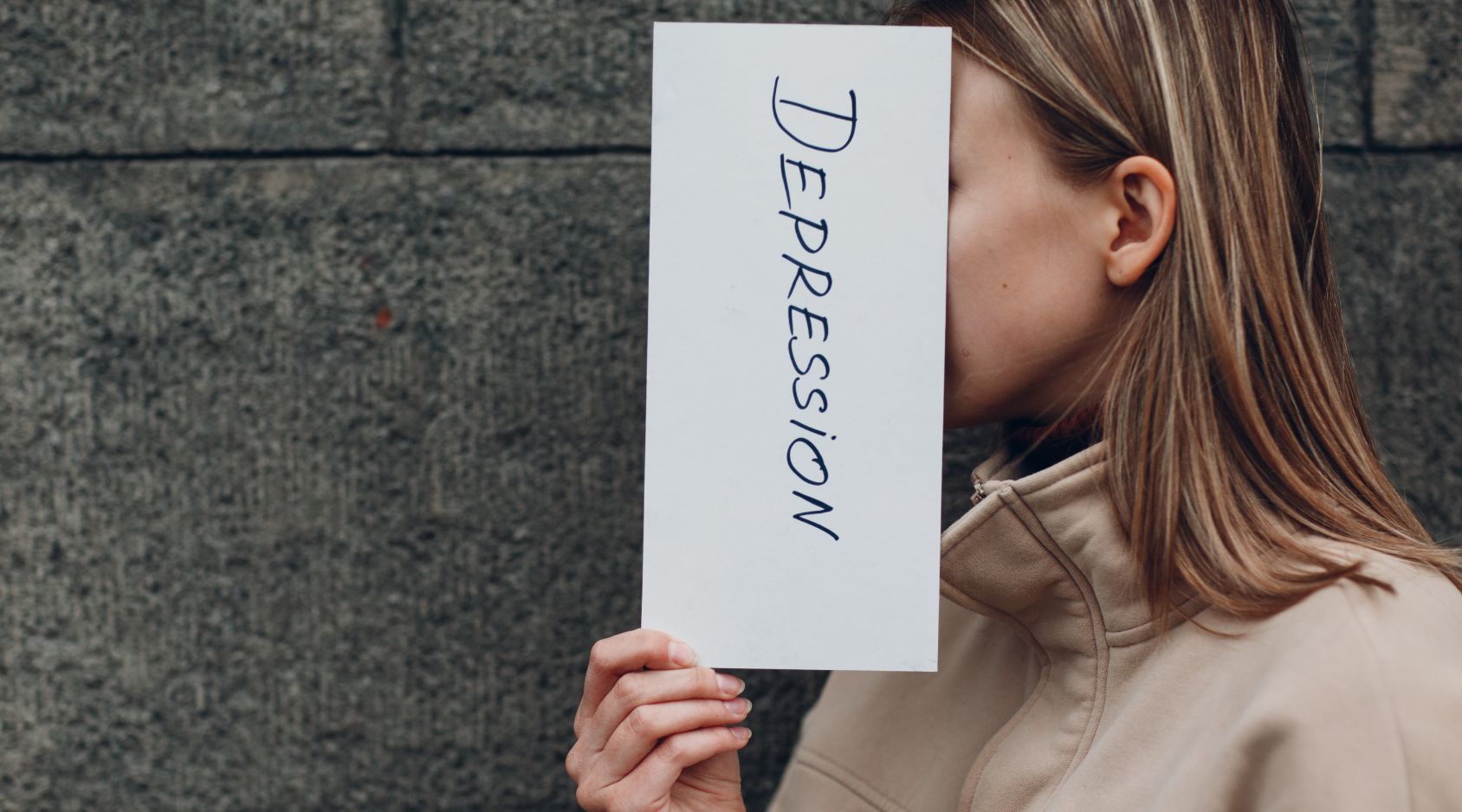In the intricate landscape of mental health, depression stands as a pervasive and often misunderstood force. It transcends mere sadness; it’s a complex interplay of genetic, biological, environmental, and psychological factors that can affect anyone, irrespective of age, gender, or background. To truly comprehend depression, one must delve beyond the surface, understanding its nuances and embracing a compassionate perspective.
At its core, depression is not a fleeting emotion but a persistent mood disorder that impacts the way a person thinks, feels, and handles daily activities. Contrary to common misconceptions, it’s not a sign of weakness or a choice but a medical condition with tangible biological underpinnings. Neurotransmitters, the brain’s chemical messengers, play a crucial role. When imbalances occur, communication between nerve cells is disrupted, contributing to the onset and perpetuation of depressive symptoms.
Recognizing depression goes beyond identifying visible signs. While persistent sadness is a hallmark, other indicators include changes in appetite, sleep disturbances, diminished energy levels, and a pervasive sense of hopelessness. Often, those grappling with depression withdraw from social interactions, finding solace in isolation, unaware that connection can be a potent catalyst for healing.
It’s crucial to dismantle the stigma surrounding mental health, acknowledging that depression is an illness deserving of empathy and support. Unfortunately, societal misconceptions can compound the suffering of those affected, perpetuating a culture of silence that hinders seeking help. Education and open conversations are vital in creating an environment where individuals feel empowered to share their struggles without fear of judgment.
Understanding the multifaceted nature of depression also involves acknowledging its potential triggers. Trauma, loss, chronic stress, and genetic predispositions can all contribute. Furthermore, the societal and cultural contexts in which individuals navigate their lives can significantly impact mental health. By fostering a compassionate understanding of these triggers, we can collectively work towards preventive measures and destigmatization.
In the journey of understanding depression, one must not overlook the importance of holistic approaches to treatment. While medication can be a valuable tool, therapy, lifestyle changes, and social support all play integral roles. Engaging in activities that promote mental well-being, such as regular exercise, mindfulness practices, and maintaining a healthy diet, can be instrumental in managing and alleviating symptoms.
Finally, let us embrace the power of empathy. Listening without judgment, offering a supportive presence, and educating ourselves about mental health are acts that contribute to a society where individuals feel seen and understood. Understanding depression is not just about recognizing its clinical aspects but fostering a collective awareness that encourages compassion, inclusivity, and a genuine commitment to mental well-being for all.


